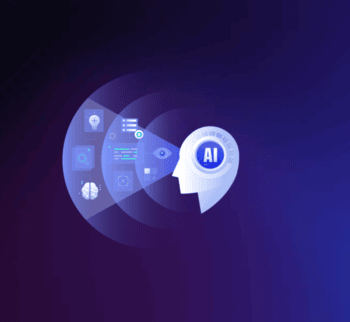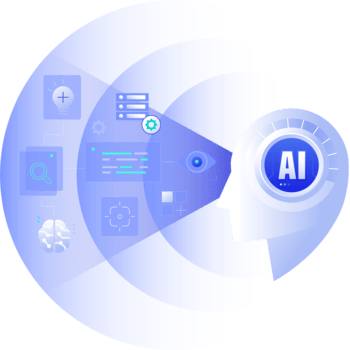
Building Trust in AI: Prioritizing Ethics, Transparency, and Measured Adoption

By Teqfocus COE
9th July, 2025
“Trust isn’t an output of AI. It’s the precondition for using it.”
As we conclude our 10-part journey through enterprise AI readiness, one truth stands above all:
It’s not enough to build AI systems that work. You must build systems that people trust.
Without trust—from users, customers, regulators, or your own employees—AI adoption will stall, or worse, backfire.
In this final chapter of the Teqfocus AI Transformation Series, we explore the human, ethical, and governance dimensions of AI that matter as much as the technical stack itself.
Recapping the Foundation
Before we dive into trust, let’s revisit the foundational layers we covered throughout this series:
- Clean, unified data
- Integrated and orchestrated systems
- AI models embedded in business workflows
- Unstructured data and vector search
- Data-first operating model
- Task-level automation (GenAI)
- Customer-centric AI experiences
- Autonomous agents with business value
- Tested, monitored, iterated agent lifecycles
Now comes the critical question:
Is it trustworthy?
Is it explainable?
Is it aligned with human values?
The Trust Gap: Why Enterprises Are Hesitant
Even the most forward-thinking enterprises are pausing AI rollouts—and for good reason.
Common challenges include:
- Opaque decision-making
- Bias in model outcomes
- Lack of explainability
- Data privacy and consent concerns
- Displacement anxiety among employees
- Unclear ROI measurement
It’s clear: Trust in AI isn’t just a technology issue—it’s a people, policy, and principle issue.
Four Core Pillars of AI Trustworthiness
✅ 1. Ethics: Just Because You Can, Doesn’t Mean You Should
AI should augment human judgment—not replace it in contexts demanding empathy, ethics, or cultural sensitivity.
Key principles:
- Do no harm: Avoid unintended consequences like biased hiring or misdiagnosis.
- Human dignity: Prevent reducing humans to data points alone.
- Purpose alignment: Ensure use cases are socially and economically justifiable.
🧭 Use case gate: Ask, Does this AI benefit the user, or just the business?
✅ 2. Transparency: Make the Black Box Visible
Stakeholders must understand:
- Where data comes from
- How models are trained
- What features drive predictions
- How decisions are made
- Who is accountable for outcomes
Tools like Einstein Trust Layer and Model Cards can help achieve this.
🔍 Explainability isn’t optional—especially in regulated industries.
✅ 3. Governance: Control, Compliance, and Change Management
Operationalizing trustworthy AI requires:
- Role-based access controls
- Audit trails for actions and decisions
- Version control for prompts and models
- Built-in bias testing and fairness metrics
- Approval loops for GenAI-generated content
- Impact reviews for every retrain or update
📊 Trust is built into the process—not retrofitted post-launch.
✅ 4. Measured Adoption: Start Small, Improve Continuously
The riskiest AI strategy? Going big without testing and learning.
Teqfocus recommends:
- Start with low-risk, high-value use cases
- Involve end users in feedback loops
- Run opt-in pilots with strong guardrails
- Measure both technical KPIs (accuracy, drift, latency) and human KPIs (confidence, satisfaction, adoption)
👉 This builds earned trust, backed by real metrics.
Linking Back to the Stack
Every layer we explored supports responsible AI:
- Data unification for traceability
- Integration for auditability
- BYOM for transparency and control
- Vector search for contextual relevance
- Data-first operating model for value alignment
- GenAI workflows with human-in-the-loop oversight
- CX experiences with explicit consent and personalization
- AI agents with robust monitoring and fallback
The stack must support the strategy—and the strategy must serve the people.
Final Word: Build AI People Can Trust—Not Just Use
AI adoption isn’t just about technological innovation.
It’s about responsibility.
When you build AI that is clear, compliant, and aligned with human needs—you build AI that lasts.
Ready to lead with accountability, not just automation?
Teqfocus helps enterprises build trust-driven AI programs that scale with integrity.
📩 Let’s build what people can believe in. Contact us today.
